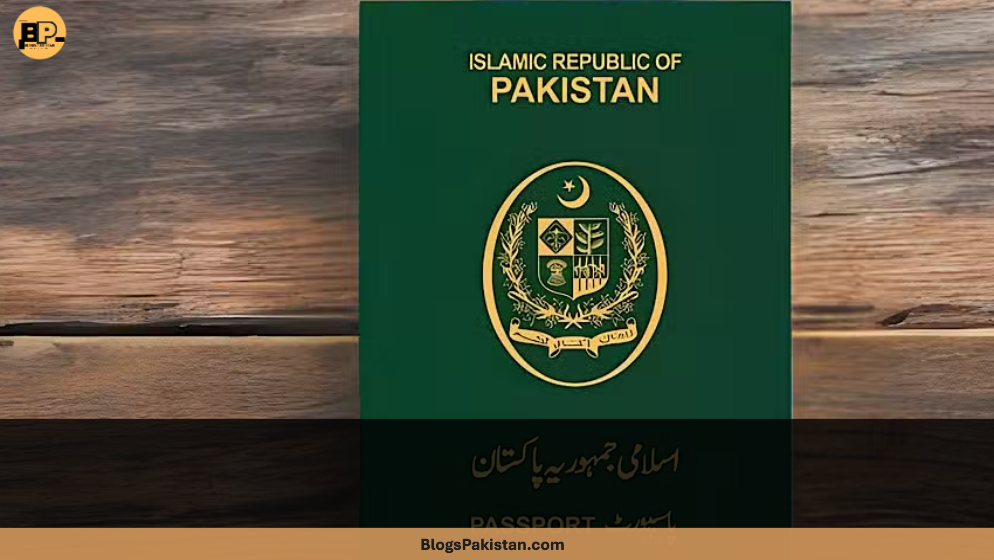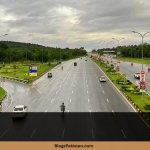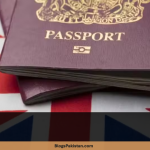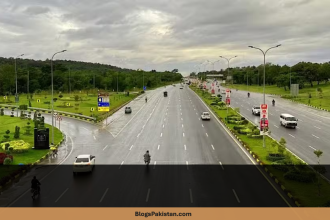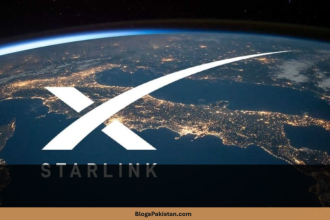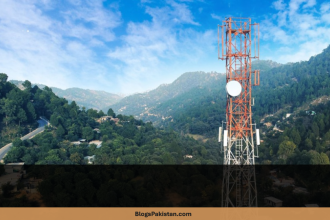If you’ve ever stood in a snaking passport office queue in Lahore or Karachi of Pakistan, sweating bullets and clutching your paperwork, you know that renewing or issuing a passport can feel like an Olympic sport. But grab a chai, because things are about to get a whole lot faster — and smarter. Pakistan has just entered the fast lane of passport printing, thanks to a squadron of artificial intelligence-powered machines that can whip out 300 passports every hour. Yes, you read that right — three hundred!
Let’s break down what this means for everyday citizens, why it’s a game-changer, and what quirky, surprising shifts are coming to the humble green book in your pocket.
A High-Tech Passport Revolution in Pakistan
This year, the Directorate General of Passports took a dramatic leap into the future. Six state-of-the-art machines arrived in March, and they aren’t just fancy printers. Integrated directly with NADRA’s formidable citizen database, these machines are now the digital muscle behind the new, turbocharged passport process.
According to Mustafa Jamal Kazi, DG of Passports, this upgrade isn’t just a new lick of paint. “These machines will significantly reduce waiting times and improve service delivery,” Kazi explained recently. That’s bureaucratic-speak for: “No more waiting for months while your cousin’s friend’s uncle ‘knows a guy’.” The AI-powered printers are set to make the process as smooth as a Lahore lassi.
What Does 300 Passports Per Hour Look Like?
Let’s put it in perspective. Previously, a typical passport office could process far fewer applications in a day, especially when you factored in manual errors, paperwork pile-ups, and those infamous tea breaks. Now, with the ability to print 300 passports every hour, the bottleneck is virtually eliminated. This means that more people can get their documents quickly, whether they’re planning to study abroad, attend a wedding in Dubai, or just want that stamp-collecting hobby back on track.
Integration with NADRA: Smarter, Faster, Stronger
One of the biggest wins from this technological upgrade is the full integration with NADRA’s database. No more mismatched records, no more “but the system says you’re 104 years old.” The new machines sync seamlessly with existing data, making the process foolproof and reducing the risk of identity mishaps.
But what’s even more interesting is how this system is helping clamp down on fraud. With tighter checks and AI-powered validation, the process is set to be one of South Asia’s most secure. So, if you were planning on sneaking in a fake moustache or two on your next passport photo, think again.
A Nod to Moms: Mother’s Name on Your Passport
Here’s a twist you might not have seen coming: Pakistan’s passports will now include the mother’s name. It’s a move that puts the country in line with international standards and offers greater identification accuracy. This is a big deal for countless reasons, not least of which is smoothing the way for women and children traveling alone or dealing with complex family situations.
For decades, the father’s name took center stage on official documents in South Asia. This update acknowledges that mothers play an equally vital role in identity, recognition, and legal matters. Expect this to become a new talking point at family gatherings — “Beta, don’t forget to thank your mother. Her name’s on your passport now!”
Cracking Down on Illegal Activities: A Passport with Strings Attached
While all these improvements are great news for law-abiding citizens, there’s a stern warning for those who try to game the system. The federal government has started canceling passports and filing criminal charges against individuals deported for illegal activities. This comes after multiple complaints from Middle Eastern nations about Pakistani nationals involved in undocumented migration and public begging.
It’s a tough but necessary measure, aimed at restoring Pakistan’s reputation abroad and ensuring that a Pakistani passport stands for something positive on the global stage. So, if you were planning on using your new passport to try your luck at dubious activities, think again. The authorities are watching — and now, with a little help from AI, they’re watching smarter.
What Does This Mean for You?
For most Pakistanis, this is a massive step toward a more efficient, transparent, and modern passport system. Here’s what to expect in the coming months:
- Faster Processing: Get your passport in days, not months.
- Accurate Data: With NADRA integration, errors are drastically reduced.
- Global Acceptance: Modern documentation, including the mother’s name, brings Pakistan in line with international norms.
- Better Security: AI validation means less chance of identity theft or fraud.
- No More Favoritism: The system is designed to be fair, transparent, and less prone to manipulation.
The Bigger Picture: Digital Transformation in South Asia
Pakistan isn’t alone in its pursuit of smarter government services. India, too, has rolled out e-passport initiatives and digital governance platforms in recent years. The competition is heating up to see which country can deliver the best services to their citizens — and both are raising the bar.
For young people dreaming of studying abroad, entrepreneurs keen on global expansion, and families planning grand weddings across borders, these upgrades are more than a technical tweak. They represent a new era: one where your identity is secure, your paperwork isn’t a nightmare, and the world feels just a bit more accessible.
Final Thoughts: The Passport of Tomorrow
Change can be intimidating, especially in government offices where tradition reigns supreme. But the introduction of AI-powered passport printing in Pakistan is one of those changes everyone can get behind. Faster service, better security, and a nod to mothers everywhere? That’s a win-win-win.
So next time you spot someone flashing their shiny new passport, remember: it’s not just a booklet. It’s a symbol of a country moving forward, one scan at a time.

